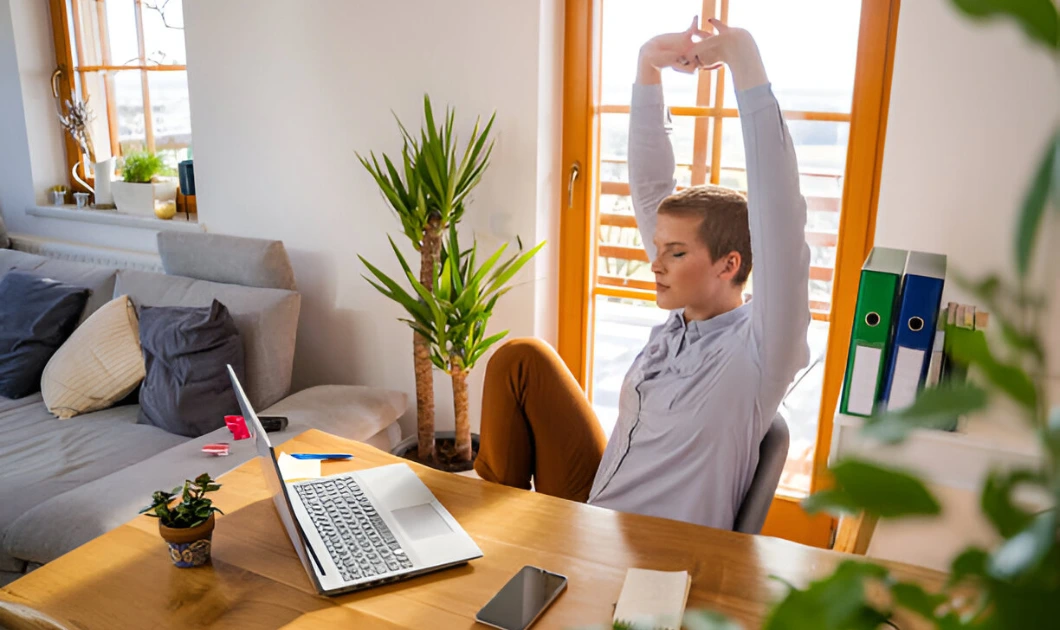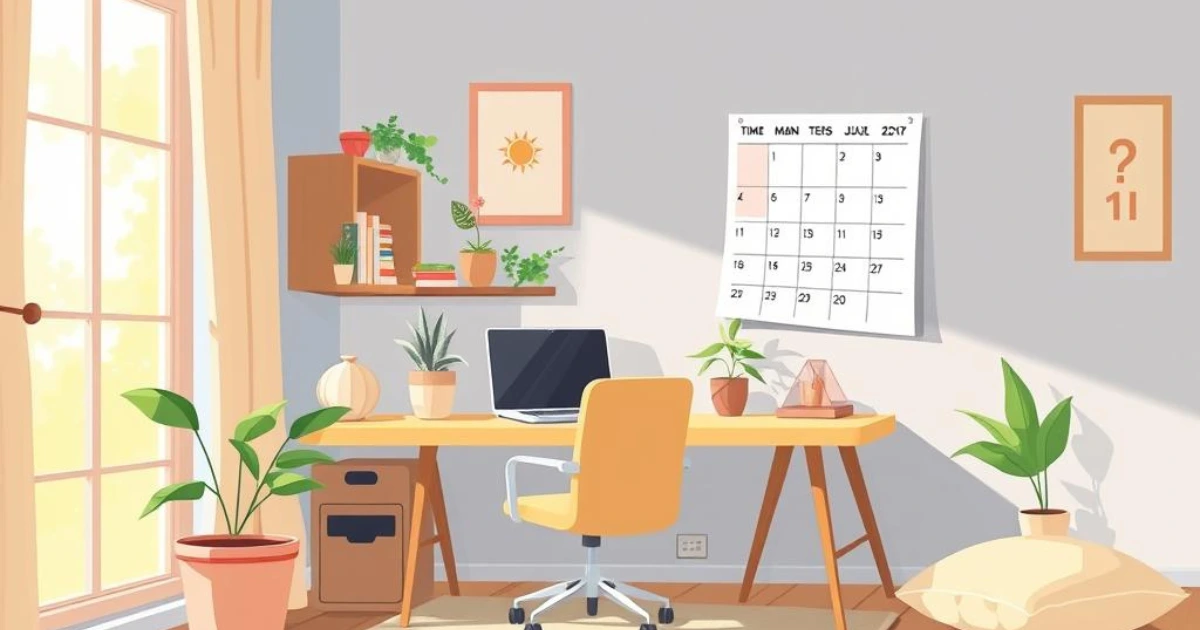How to Master Chess as a Beginner
Table of Contents
How to Master Chess as a Beginner
Chess is more than just a board game; it’s a battle of wits, strategy, and foresight. Whether you’re fascinated by the complexity of the game or simply looking for a new hobby, mastering chess as a beginner is an exciting challenge. By learning the basics, practicing chess strategies, and refining your moves, you can steadily improve your game and develop a deeper appreciation for this timeless activity.
In this guide, we’ll walk you through essential chess tips, techniques, and strategies tailored to chess for beginners. Let’s get started!
Understanding the Basics of Chess for Beginners
1. Get Familiar with the Chessboard and Pieces
Every chess journey starts by understanding the board and the roles of each piece.
Chessboard Layout:
- The board has 64 squares (8×8 grid) with alternating light and dark colors.
- Each player starts with 16 pieces: 1 king, 1 queen, 2 rooks, 2 knights, 2 bishops, and 8 pawns.
How Pieces Move:
- Pawn: Moves forward one square but captures diagonally. Special moves include “en passant” and promotion.
- Knight: Moves in an L-shape and can jump over pieces.
- Bishop: Moves diagonally across any number of squares.
- Rook: Moves horizontally or vertically across the board.
- Queen: Combines the moves of a rook and bishop.
- King: Moves one square in any direction. Protecting your king is critical to avoid checkmate.
2. Learn the Objective of the Game
The primary goal is to put your opponent’s king in checkmate, a position where the king cannot escape capture. Always focus on protecting your own king while targeting your opponent’s.
Key Chess Strategies for Beginners
3. Control the Center of the Board
Experienced players prioritize controlling the four central squares (d4, d5, e4, e5). This gives your pieces greater mobility and influences your opponent’s moves.
Tip: Use pawns and knights early in the game to establish central control.
4. Develop Your Pieces Early
Don’t move the same piece repeatedly in the opening stage unless necessary. Focus on positioning all your pieces for maximum impact.
Effective Development Practices:
- Move knights and bishops before your rooks and queen.
- Avoid bringing out your queen too early, as it can become an easy target.
5. Think Ahead and Plan Your Moves
Chess rewards strategic foresight. Always ask yourself:
- “What is my opponent’s next move?”
- “How can I strengthen my position while weakening theirs?”
This mindset helps you anticipate threats and make proactive decisions.
Mastering Defensive and Offensive Chess Tips
6. Defend Your King at All Costs
Keeping your king safe is essential to prevent quick losses.
Defensive Strategies:
- Castle early: This move tucks your king into a safe corner while activating a rook.
- Avoid leaving pieces undefended.
7. Understand the Value of Each Piece
Each chess piece has a point value. This helps you decide when to trade pieces or avoid unnecessary losses.
| Chess Piece | Point Value |
| Pawn | 1 point |
| Knight | 3 points |
| Bishop | 3 points |
| Rook | 5 points |
| Queen | 9 points |
Tip: Only trade pieces if it benefits your position or gives you a material advantage.
8. Create Threats and Take Control
An effective way to pressure your opponent is by creating multiple threats. This forces them to make defensive moves, allowing you to seize control.
Offensive Techniques:
- Pin: Trap an opponent’s piece between your piece and a more valuable piece (e.g., king or queen).
- Fork: Attack two or more pieces simultaneously. Knights are excellent for executing forks.
How to Improve Your Game Through Practice
9. Play Regularly Against Different Opponents
Consistent practice helps sharpen your skills and exposes you to a variety of playing styles.
Ways to Practice Chess for Beginners:
- Play online against other beginners or AI opponents.
- Join local chess clubs for in-person practice.
- Study famous chess games and analyze the strategies used.
10. Learn from Your Mistakes
Each loss is an opportunity to learn. After every game, reflect on what went wrong and how you can avoid repeating those errors.
Analyze Your Games:
- Identify moments where you lost material or position.
- Study better alternatives for your moves.
Top Chess Tips for Beginners
- Tip 1: Avoid unnecessary pawn moves; they create weaknesses in your defense.
- Tip 2: Watch for checks and potential forks by your opponent.
- Tip 3: Practice endgames (e.g., king and pawn vs. king) to secure wins in the final stages.
- Tip 4: Be patient! Rushed decisions often lead to mistakes.
- Tip 5: Use online resources, such as chess puzzles, to enhance tactical skills.
Common Mistakes Beginners Make and How to Avoid Them
- Moving the Same Piece Repeatedly in the Opening: This wastes time and leaves other pieces undeveloped.
- Ignoring Opponent’s Threats: Always pay attention to their moves and intentions.
- Focusing Too Much on Attack: Neglecting defense can leave your king vulnerable.
- Underestimating Pawns: Pawns can become queens with careful promotion strategies, so use them wisely.
FAQ: Chess for Beginners
- What is the best way to start learning chess?
Begin by understanding the rules, practicing basic moves, and studying simple strategies like controlling the center and developing pieces. - How can I improve my game quickly?
Consistent practice, analyzing games, and solving chess puzzles can significantly improve your skills. - What are the most important chess strategies for beginners?
Focus on controlling the center, developing pieces, keeping your king safe (castling), and thinking a few moves ahead. - Is it normal to lose a lot as a beginner?
Yes! Losing is part of the learning process. Each loss provides valuable lessons to refine your approach. - How long does it take to become good at chess?
Improvement depends on how much you practice and study. With dedication, most beginners can see noticeable progress within a few months.
Conclusion: Your Journey to Mastering Chess Starts Here
Chess for beginners can seem daunting at first, but with patience and consistent practice, anyone can become a skilled player. By focusing on the basics, adopting effective chess strategies, and learning from your mistakes, you’ll steadily improve your game and enjoy the thrill of chess.
Chess and self-development are closely linked. The game enhances critical thinking, strategic planning, and patience, which are essential skills for personal growth. By practicing chess, individuals can improve their problem-solving abilities and develop a disciplined mindset.
Remember, the key to success is to stay curious, keep practicing, and approach every match as an opportunity to grow. Are you ready to make your next move? Set up your board and start your journey to mastering chess today!







